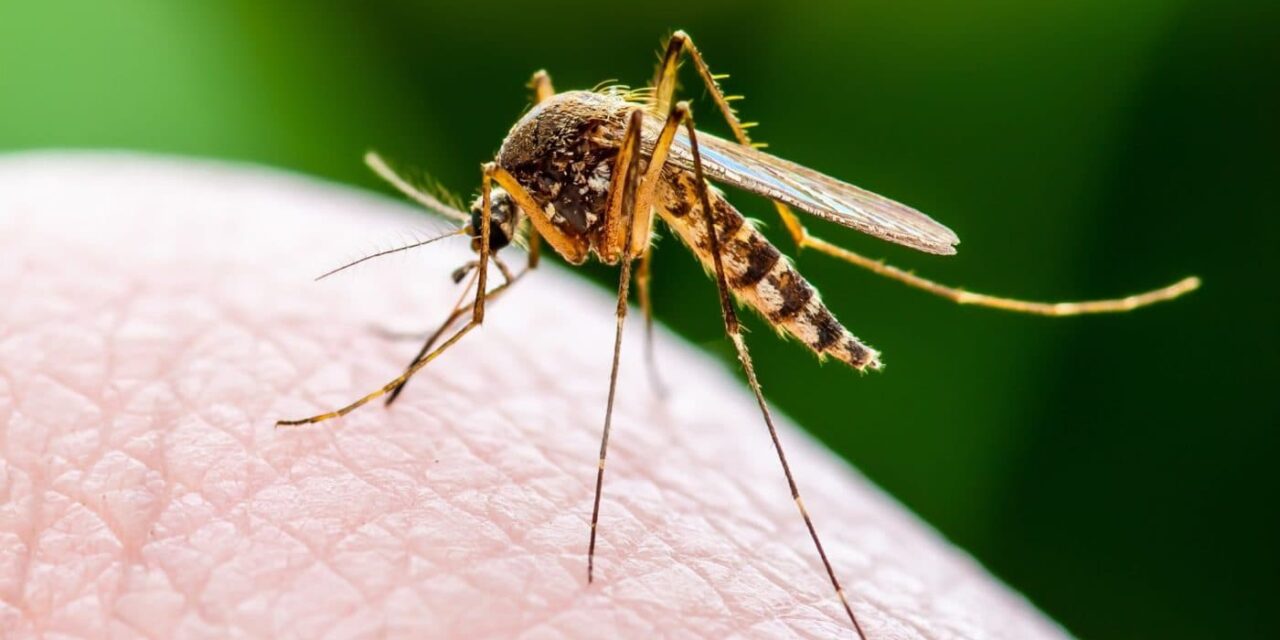Montreal, Canada – August 20, 2024 – A groundbreaking discovery by researchers affiliated with McGill University has revealed that the time of day when a person is bitten by a malaria-bearing mosquito could significantly influence the severity of the disease. The findings, which could lead to more effective treatment strategies for malaria and other parasitic diseases, emphasize the importance of circadian rhythms in disease progression.
In a study conducted by research teams from McGill University, the Douglas Research Centre, and the Research Institute of the McGill University Health Centre, it was found that mice infected with the parasites causing cerebral malaria during the middle of the night exhibited less severe symptoms compared to those infected during the day. Additionally, the spread of the parasites within the hosts was more limited when the infection occurred at night.
Malaria: A Global Health Threat
Malaria, a mosquito-borne infectious disease, continues to be a major global health challenge, affecting hundreds of millions of people worldwide. Despite ongoing efforts to control the disease, it still claims more than half a million lives each year, with the majority of fatalities occurring among children. Cerebral malaria, the deadliest form of the disease, is particularly feared for its high mortality rate and severe neurological complications.
The Role of Circadian Rhythms
Circadian rhythms, which are physiological and behavioral cycles that follow a roughly 24-hour pattern, are known to influence various bodily functions in both humans and animals. These rhythms are regulated by a master clock in the brain, as well as by clocks in most other organs and cell types throughout the body.
The researchers at McGill explored how the circadian rhythms of both the host and the malaria parasite interact to affect the severity of the disease and the host’s ability to fight off the parasite. “We found that the host’s response to infection varies depending on the time of day, which suggests that circadian rhythms could be influencing the progression of the disease,” explained Priscilla Carvalho Cabral, a recent PhD graduate from McGill, who led the experiments.
Nicolas Cermakian, Director of the Laboratory of Molecular Chronobiology and corresponding author of the studies, highlighted the novelty of the research: “How such immune clocks impact malaria has not been looked at before.”
Advancing Knowledge in Disease Treatment
The discovery that the severity of cerebral malaria is influenced by the time of infection marks an important advance in our understanding of parasitic diseases. In most living organisms, including parasites and their animal hosts, many bodily functions are under circadian control. Previous research by the same team had already shown that another serious parasitic disease, leishmaniasis, is also affected by host clocks. The new studies confirm that the timing of infection plays a critical role in the replication of the malaria parasite and the host’s immune response.
“Our results represent an important advance in knowledge since many of the mechanisms driving the rhythms in susceptibility to diseases, especially parasitic diseases, remain largely unknown,” said Martin Olivier, Director of the Laboratory for the Study of Host-Parasite Interaction, a professor in McGill’s Department of Microbiology and Immunology, and co-author of the studies.
Implications for Future Treatment Strategies
The findings of this research have the potential to revolutionize the treatment of malaria by aligning medication and therapeutic interventions with the circadian rhythms of both the host and the parasite. By optimizing the timing of treatment, healthcare providers could potentially improve the effectiveness of antimalarial drugs and reduce the severity of the disease, ultimately saving more lives.
As malaria continues to pose a significant threat to global health, these new insights underscore the importance of considering biological rhythms in the fight against this deadly disease. The ongoing research at McGill University and its affiliated institutions holds promise for developing new strategies to combat malaria and other parasitic diseases more effectively.











